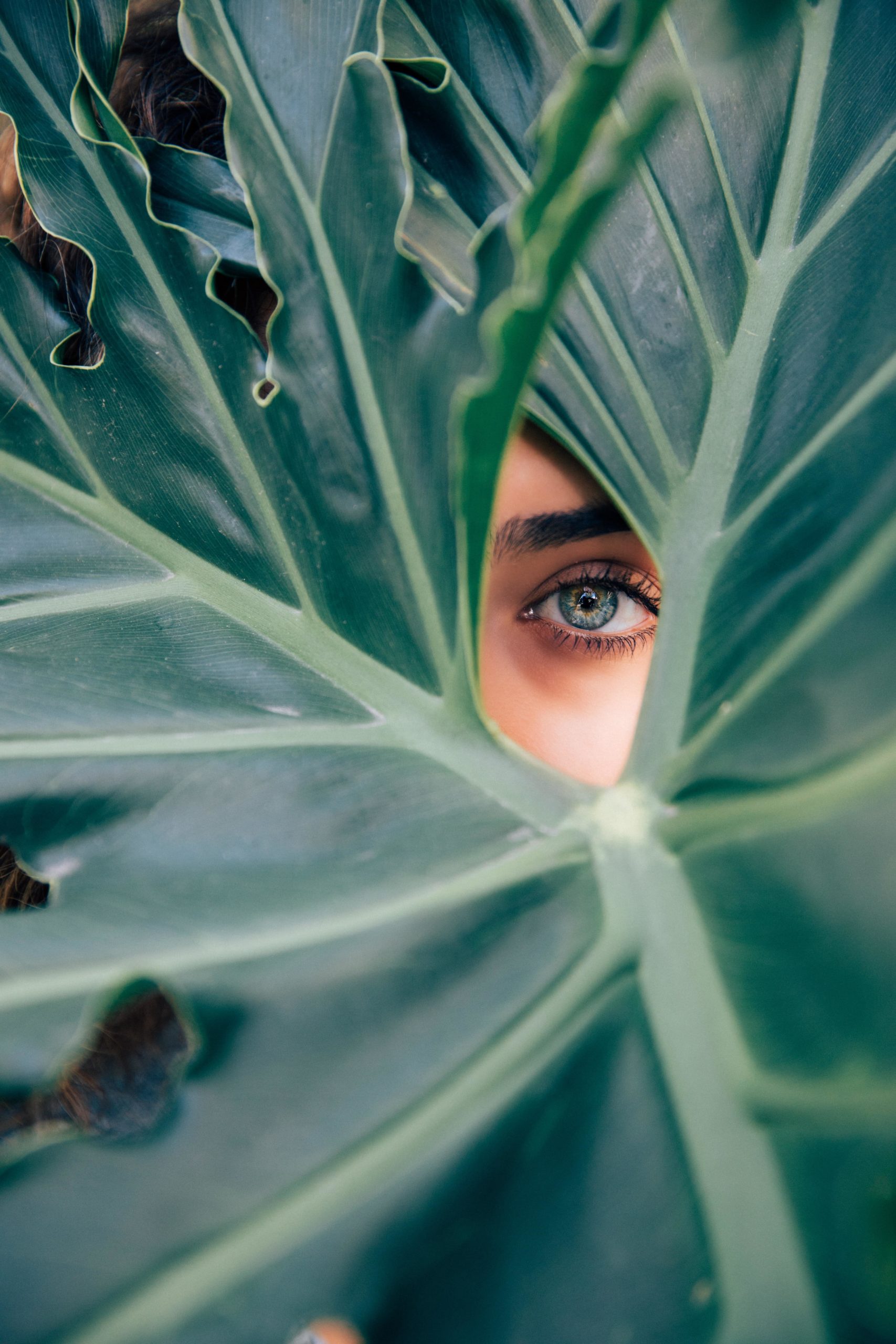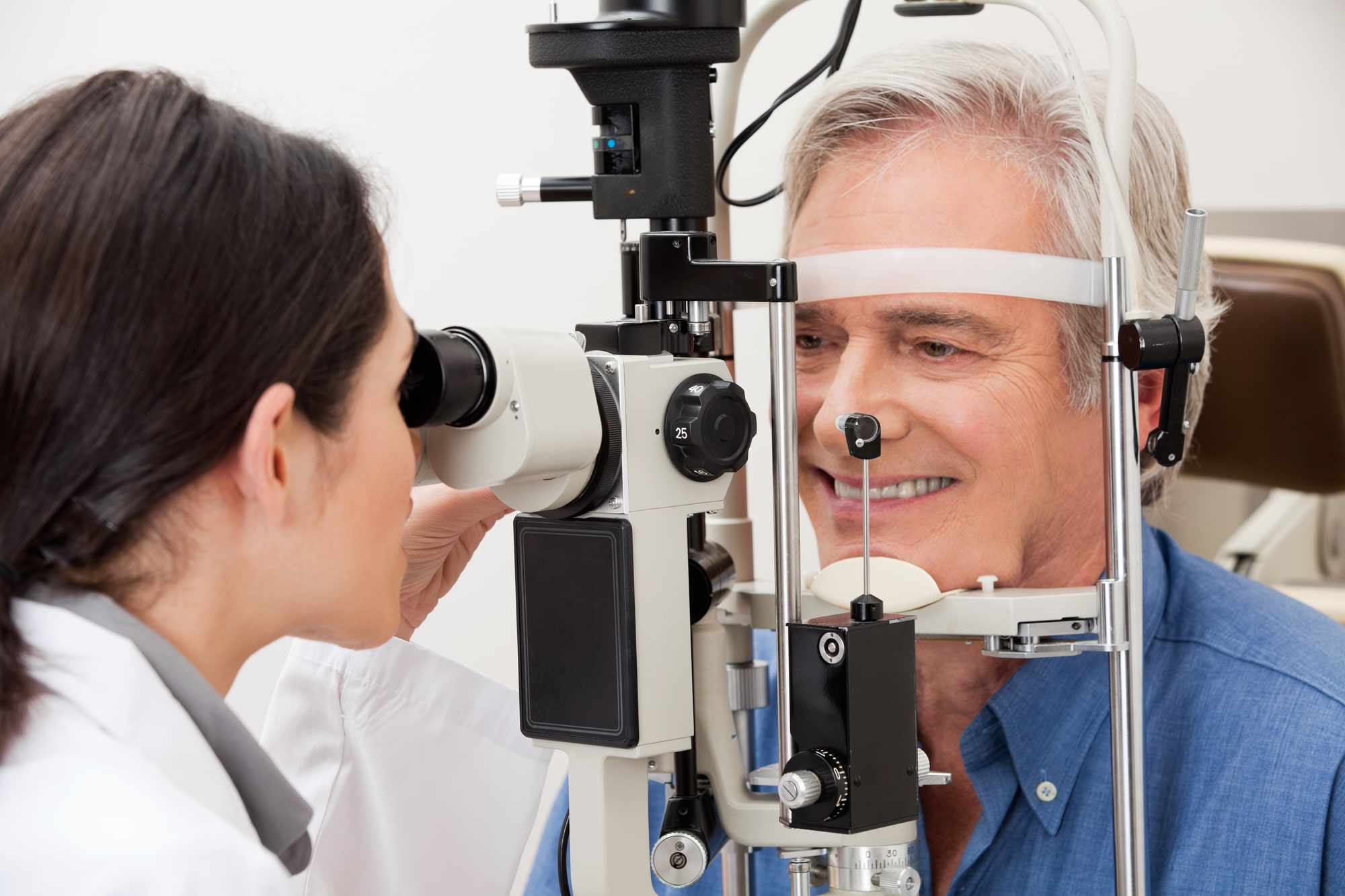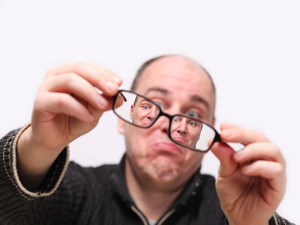
Are you a conscientious person concerned about your visual health? If so, you should know that there are everyday habits that may seem innocuous but can actually cause acute or chronic damage to your eyes. Here, trusted Los Angeles ophthalmologist Linda Vu of Linda Vision reveals the habits that you should avoid in the interest of your ocular health.
Straining Your Eyes with Digital Devices
With our culture’s dependence on digital devices, it’s easy to spend all day at work looking at a computer, then go home and play on a tablet or smartphone for the remainder of the night. Prolonged use of electronics can lead to “digital eyestrain,” which can cause symptoms such as dry eyes, sore eyes, fatigue and even neck or shoulder pain.
Not Wearing Sunglasses
Forgetting your sunglasses at home on occasion isn’t terribly detrimental. But repeatedly spending time in the sun without sunglasses — especially in Southern California — may damage your eyes and eyelids. It can also prematurely age the skin around your eyes and lead to lines and wrinkles. Unless you want to raise your risk of conditions like cataracts, pterygium, pinguecula and macular degeneration, wear your sunglasses religiously.
Not Sleeping Enough
Your body and your eyes need quality sleep to rest and regenerate. If you don’t get enough sleep, you could develop red or bloodshot eyes, eye twitching, dry eyes and even blurry vision. Make sure you’re getting at least seven hours of sleep per night.
Eating Too Much Sodium
Eating a lot of sodium (found in a lot of processed, prepared and fast foods), coupled with not getting enough water, can dehydrate your eyes. In the worst case, your eyes cannot produce the tears they need to stay moisturized and nourished. This can lead to dry eyes, red eyes and other problems. Swap out sodium-heavy foods with fish, colorful fruits and leafy greens, which contain powerful antioxidants that are great for your eyes.
Wearing Contacts While Sleeping
Sleeping in contacts denies the clear surface of the eye (called the cornea) of oxygen, moisture and nutrients. Over time, this increases the risk of developing a corneal infection and other problems. Always take your contacts out and put them in their proper case before going to sleep.
Speak with Dr. Linda Vu
Dr. Linda Vu wants to help you maintain optimal eye health and achieve clear vision. To discuss your personal eye care needs with the doctor, please call (626) 382-2020 and request a consultation.

Es usted una persona concienzuda preocupada por su salud visual? Si es así, usted debe saber que hay hábitos cotidianos que pueden parecer inofensivos, pero en realidad pueden causar lesiones agudas o crónicas a sus ojos. Aquí, la oftalmóloga de confianza en Los Ángeles, Dra. Linda Vu, de Linda Vision revela los hábitos que se deben evitar, en interés a su salud ocular.
Forzar la Vista con Dispositivos Digitales
Con la dependencia de nuestra cultura en los dispositivos digitales, es fácil pasar todo el día en el trabajo mirando una computadora, y luego ir a casa y jugar en una tableta o un teléfono inteligente por el resto de la noche. El uso prolongado de electrónicos puede conducir a la “fatiga visual digital,” que puede causar síntomas tales como sequedad (dry eyes) o dolor en los ojos, fatiga e incluso dolor de cuello u hombro.
No Usar Gafas de Sol
Ocasionalmente olvidar sus gafas de sol en la casa no es terriblemente perjudicial. Pero pasar tiempo en el sol sin gafas repetidamente, especialmente en el sur de California, puede dañar los ojos y los párpados. También puede envejecer prematuramente la piel alrededor de los ojos y conducir a líneas y arrugas. Al menos que desee aumentar el riesgo de enfermedades como cataratas, pterigión (pterygium), principios de carnosidad, y la degeneración macular, debe usar sus gafas de sol diariamente.
No Dormir lo Suficiente
Su cuerpo y sus ojos necesitan un sueño de calidad para descansar y regenerarse. Si no duerme lo suficiente, usted podría desarrollar ojos rojos, ojos espasmos, ojos secos e incluso visión borrosa. Asegúrese de dormir por lo menos siete horas por noche.
Comer Demasiado Sodio
Comer mucho sodio (encontrado en una gran cantidad de comidas procesadas, preparadas y rápidas), junto con no beber suficiente agua, puede deshidratar sus ojos. En el peor de los casos, sus ojos no pueden producir las lágrimas que necesitan para mantenerse hidratados y nutridos. Esto puede conducir a la sequedad de los ojos, ojos rojos y otros problemas. Intercambie alimentos con alto contenido de sodio con pescado, frutas de colores y verduras con hojas, que contienen antioxidantes poderosos que son estupendos para los ojos.
Usar Lentes de Contacto Mientras Duerme
Dormir con lentes de contacto le niega a la superficie transparente del ojo (llamada la córnea) de oxígeno, humedad y nutrientes. Con el tiempo, esto aumenta el riesgo de desarrollar una infección corneal y otros problemas. Siempre debe de remover sus lentes de contactos y ponerlos en su estuche adecuado antes de irse a dormir.
Hable con la Doctora Linda Vu
La Dra. Linda Vu quiere ayudarle a mantener salud ocular óptima y lograr visión clara. Para discutir de sus necesidades de cuidado de los ojos personales con el médico, por favor llame al (626) 382-2020 y solicite una consulta.

Are you a conscientious person concerned about your visual health? If so, you should know that there are everyday habits that may seem innocuous but can actually cause acute or chronic damage to your eyes. Here, trusted Los Angeles ophthalmologist Linda Vu of Linda Vision reveals the habits that you should avoid in the interest of your ocular health.
Straining Your Eyes with Digital Devices
With our culture’s dependence on digital devices, it’s easy to spend all day at work looking at a computer, then go home and play on a tablet or smartphone for the remainder of the night. Prolonged use of electronics can lead to “digital eyestrain,” which can cause symptoms such as dry eyes, sore eyes, fatigue and even neck or shoulder pain.
Not Wearing Sunglasses
Forgetting your sunglasses at home on occasion isn’t terribly detrimental. But repeatedly spending time in the sun without sunglasses — especially in Southern California — may damage your eyes and eyelids. It can also prematurely age the skin around your eyes and lead to lines and wrinkles. Unless you want to raise your risk of conditions like cataracts, pterygium, pinguecula and macular degeneration, wear your sunglasses religiously.
Not Sleeping Enough
Your body and your eyes need quality sleep to rest and regenerate. If you don’t get enough sleep, you could develop red or bloodshot eyes, eye twitching, dry eyes and even blurry vision. Make sure you’re getting at least seven hours of sleep per night.
Eating Too Much Sodium
Eating a lot of sodium (found in a lot of processed, prepared and fast foods), coupled with not getting enough water, can dehydrate your eyes. In the worst case, your eyes cannot produce the tears they need to stay moisturized and nourished. This can lead to dry eyes, red eyes and other problems. Swap out sodium-heavy foods with fish, colorful fruits and leafy greens, which contain powerful antioxidants that are great for your eyes.
Wearing Contacts While Sleeping
Sleeping in contacts denies the clear surface of the eye (called the cornea) of oxygen, moisture and nutrients. Over time, this increases the risk of developing a corneal infection and other problems. Always take your contacts out and put them in their proper case before going to sleep.
Speak with Dr. Linda Vu
Dr. Linda Vu wants to help you maintain optimal eye health and achieve clear vision. To discuss your personal eye care needs with the doctor, please call (626) 382-2020 and request a consultation.
